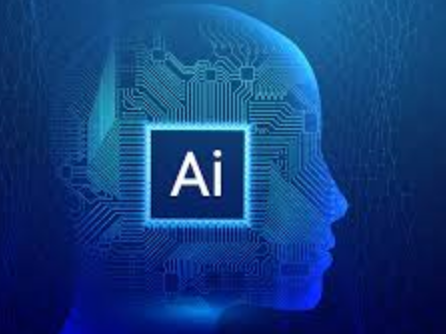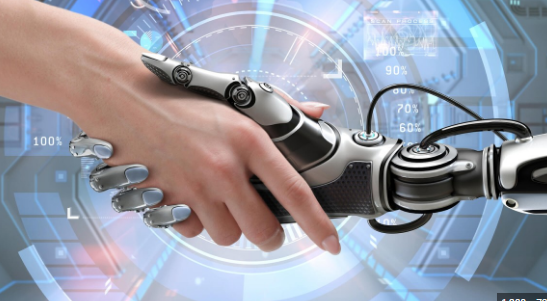Introduction:
Artificial Intelligence (AI) has emerged as one of the most transformative technologies of the 21st century. With its ability to mimic human intelligence and perform complex tasks, AI has revolutionized various industries, ranging from healthcare and finance to transportation and entertainment. In this article, we will explore the fascinating world of AI, its key features, and the profound impact it has on our lives.

Features
Machine Learning and Deep Learning
At the heart of AI lies machine learning (ML) and deep learning (DL) algorithms. ML algorithms enable computers to learn from data and improve their performance without explicit programming. DL, a subset of ML, employs neural networks to simulate the structure and function of the human brain. These algorithms can analyze massive amounts of data, recognize patterns, and make predictions with remarkable accuracy, powering applications such as image and speech recognition, natural language processing, and autonomous driving.
Automation and Efficiency
AI has significantly impacted automation, streamlining processes, and boosting efficiency across industries. Tasks that were once time-consuming and manual can now be automated using AI technologies. This not only saves valuable time and resources but also minimizes errors and enhances productivity. From automated customer support chatbots to robotic process automation (RPA) in manufacturing, AI-driven automation is revolutionizing the way we work and enhancing overall operational efficiency.
: Personalization and Recommendation Systems
With the advent of AI, personalized experiences have become the norm. AI-powered recommendation systems analyze user data, preferences, and behaviors to provide tailored suggestions and recommendations. From personalized movie and music recommendations on streaming platforms to customized shopping experiences on e-commerce websites, AI enables businesses to deliver targeted content and enhance customer satisfaction. Personalization through AI not only benefits consumers but also helps businesses improve customer retention and increase sales.
Enhanced Healthcare and Disease Diagnosis
AI has made significant strides in healthcare, revolutionizing disease diagnosis and treatment. Machine learning algorithms can analyze vast amounts of medical data, including patient records, imaging scans, and genetic information, to assist in early disease detection and diagnosis. AI can identify patterns and indicators that may not be apparent to human experts, enabling timely intervention and personalized treatment plans. Moreover, AI-driven robotics and automation have also improved surgical procedures, making them more precise and reducing the risk of human error.
Ethical Considerations and Responsible AI
As AI becomes increasingly powerful, it raises ethical concerns that need to be addressed. Issues such as bias in algorithms, privacy concerns, and job displacement require careful consideration. Developers and researchers are actively working on developing frameworks for responsible AI, ensuring fairness, transparency, and accountability in AI systems. Ethical guidelines and regulations are being established to govern the use of AI, striking a balance between innovation and ethical practices.

Conclusion:
Artificial Intelligence has transformed the way we live, work, and interact with technology. From enhancing efficiency and automation to personalizing experiences and revolutionizing healthcare, AI has revolutionized various sectors. However, as we harness the power of AI, it is crucial to address ethical considerations and ensure responsible AI development. As AI continues to evolve, it holds the potential to reshape industries, drive innovation, and solve some of humanity’s most pressing challenges. With the right approach, AI can be a powerful tool for positive change in the world.
